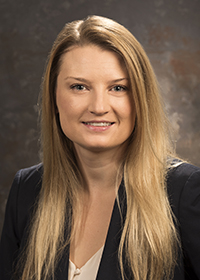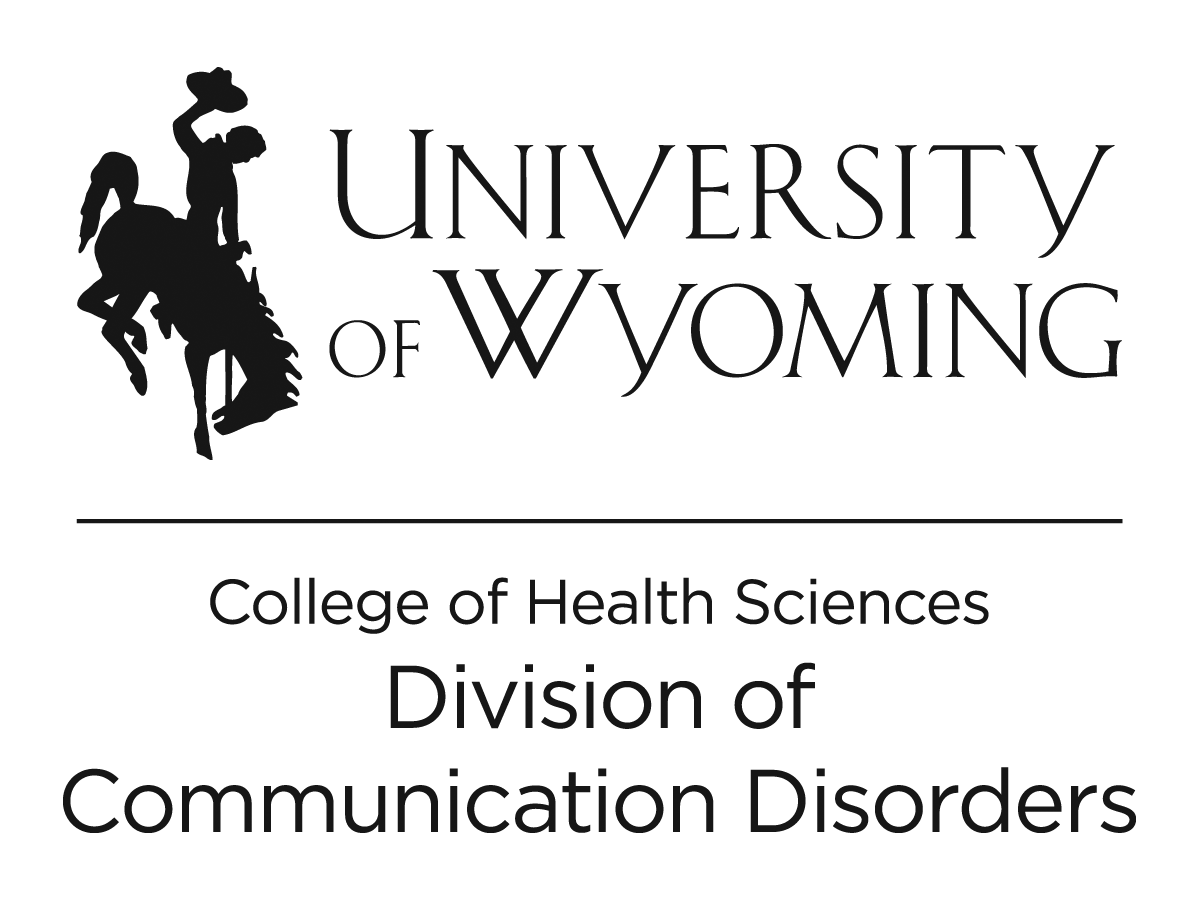

 Katelyn Kotlarek, an assistant professor with the University of Wyoming’s Division
of Communication Disorders, has received an R21 research grant from the National Institute
on Deafness and Other Communication Disorders (NIDCD) to study precision medicine
for infants with cleft palate.
Katelyn Kotlarek, an assistant professor with the University of Wyoming’s Division
of Communication Disorders, has received an R21 research grant from the National Institute
on Deafness and Other Communication Disorders (NIDCD) to study precision medicine
for infants with cleft palate.
The award from the National Institutes of Health (NIH), totaling more than $500,000, will fund Kotlarek’s research over the next three years.
“This award will enable an important scientific foundation for improved surgical selection and early speech screening for infants with cleft palate,” says Kotlarek, who notes that up to 40 percent of children with cleft palate can have residual speech issues after their palate surgery, requiring multiple surgical interventions. These repeat surgeries and corresponding speech issues can result in speech disorders that limit participation in society and cause a financial burden for families.

Division of Communication Disorders
1000 E. University Ave., Dept. 3311
Health Sciences, 265
Laramie, WY 82071
Phone: 307-766-6427
Fax: 307-766-6829
Email: comdis@uwyo.edu
